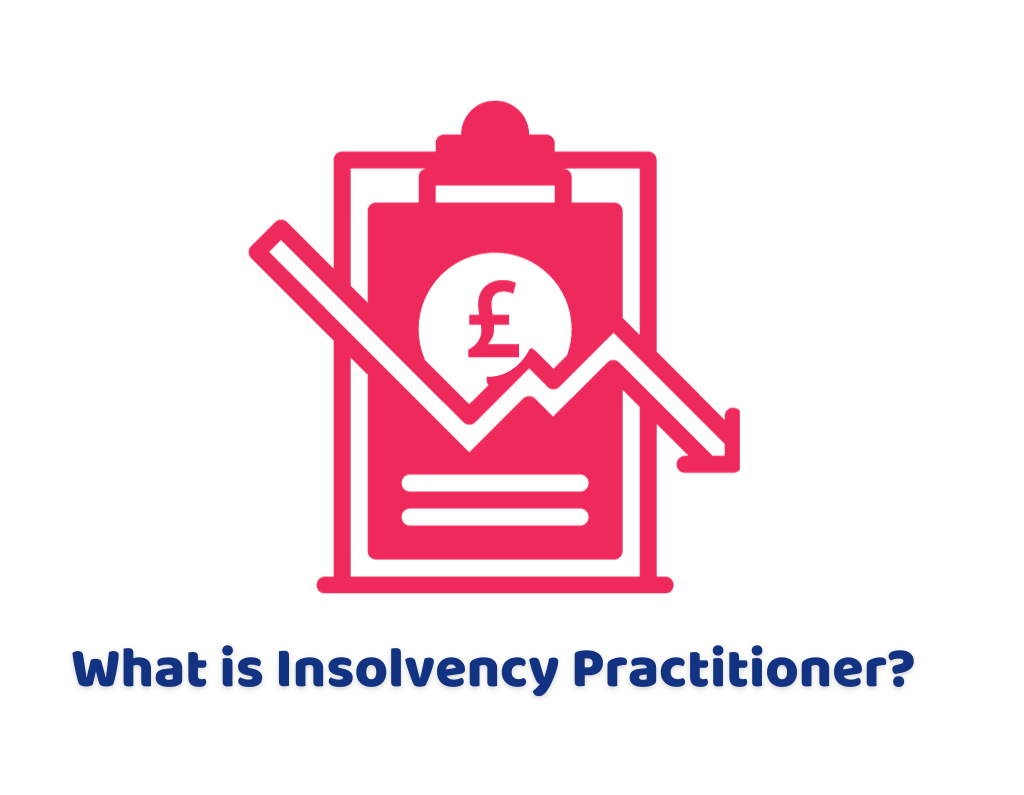What Does Insolvency Practitioner Do?
What Does Insolvency Practitioner Do?
Blog Article
The Ultimate Guide To Insolvency Practitioner
Table of ContentsFacts About Insolvency Practitioner UncoveredThe Facts About Insolvency Practitioner UncoveredThe Single Strategy To Use For Insolvency PractitionerThe Of Insolvency PractitionerSome Known Facts About Insolvency Practitioner.
Whether you require to utilize an insolvency professional (IP) to liquidate your business depends on various variables. While involving a bankruptcy specialist for all types of liquidation is not a lawful demand, doing so can commonly streamline the process and make sure conformity with lawful demands. Liquidating a company is a crucial decision that comes with substantial repercussions.
It is a treatment utilized when a business does not have any type of creditors, or every one of their lenders can be paid off completely with legal rate of interest. Recognizing the various types of insolvency procedures can aid you identify the very best program of activity for your company's liquidation or other formal bankruptcy treatments itself.
This is obligatory in order to stick to legal needs - Insolvency Practitioner. This is due to the fact that IPs have the necessary certifications and experience to ensure that the liquidation process is performed based on all applicable laws and policies. By involving a licensed insolvency specialist, you can have comfort understanding that your company's liquidation process will be handled properly and in conformity with the relevant legal requirements
Not known Factual Statements About Insolvency Practitioner
The bankruptcy practitioner is assigned as a liquidator and is in charge of managing the business and liquidator's financial debts exceptional liabilities and properties. This process involves marketing off the firm's assets and distributing the earnings to lenders. Upon completion of the process, the business is removed from the register at Companies House.
Failing to do so can result in personal responsibility for the business or director for the lender's financial debts. Voluntary liquidation, that includes Financial institutions' Voluntary Liquidation (CVL) and Members' Volunteer Liquidation (MVL), is initiated by the business's supervisors and shareholders when they can no longer pay their financial obligations. In a CVL, the bankruptcy professional is marked as the liquidator, liable for taking care of company debts and all firm possessions.

The 25-Second Trick For Insolvency Practitioner
By examining the proficiency and experience see it here of potential insolvency specialists, you can make sure that you select a professional who has the necessary certifications to manage your business's liquidation process successfully. While insolvency practitioner-led liquidation is commonly the most ideal course of action for firms encountering bankruptcy, there are alternative methods to consider, such as striking off and partial liquidation.
It's important to review all available alternatives before deciding on the following best option or course of activity for your company. Striking off firms' signs up is a more simple and economical method to shut dormant or tiny companies without financial obligations or assets. To strike off a company, its name is removed from the Companies House register by submitting form DS01.
Prior to going with striking off, it's vital to consider the benefits and drawbacks of this method and take into consideration whether it's the ideal option for your company. Partial liquidation is another choice to bankruptcy practitioner-led liquidation, where a business sells off specific possessions and responsibilities while continuing to run with the continuing to be possessions and obligations.
A Bankruptcy Professional will be able to encourage you of the most effective strategy to take and ensure that everything runs smoothly. It is not possible to liquidate a firm without a liquidator. Selecting an authorised insolvency specialist is essential for the procedure of voluntary liquidation to begin.
How Insolvency Practitioner can Save You Time, Stress, and Money.
It is possible to close and liquidate your firm without using a liquidator, offered your company is solvent and you satisfy the eligibility needs to dissolve or liquidate discover here it. If your business is financially troubled, you might be required to utilize a liquidator and begin official insolvency treatments. Right here are some other insightful write-ups regarding firm liquidation in the UK:.
Being in a position where you're unable to pay your business's financial institutions is very difficult. In an effort to stay clear of increasing the level of financial debt, several business attempt to discuss straight with their financial institutions and accept a casual arrangement. If the financial obligation is rather small and owed to one creditor, and the financial institution is being participating, getting in into an informal financial obligation setup is probably the most effective remedy, instead than browsing the internet for 'a bankruptcy expert near me'.
On the various other hand, if there are multiple financial institutions and the level of debt is huge, creditors might not be so ready or participating. To avoid liquidation or bankruptcy, it is better to work with an insolvency practitioner to draw up formal propositions and work out with lenders on your behalf.
The Insolvency Practitioner Ideas
Whilst it is a method to manage debt, there are substantial threats involved with this sort of financial debt plan - Insolvency Practitioner. If a lender wants to become part of a casual plan (IA) where the borrower has actually consented to make regular, if reduced, settlements to repay the financial debt, it is very important to adhere to the agreement

The creditor is within their civil liberties to back out of the agreement and request the courts for your business to be liquidated at any type of time. An official plan that has been recommended by a bankruptcy practitioner on your behalf, and agreed by a financial institution, gives a much safer alternative.
Report this page